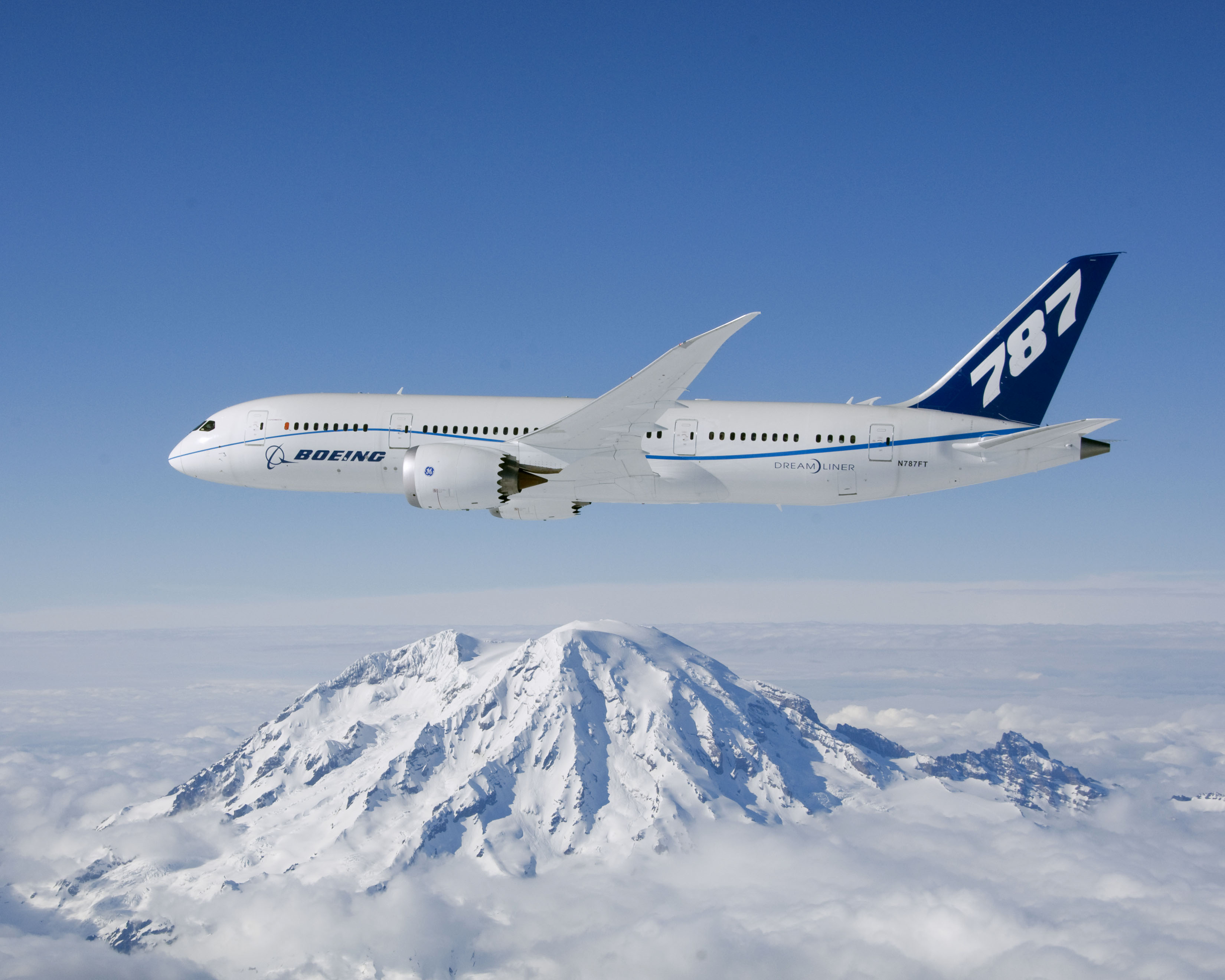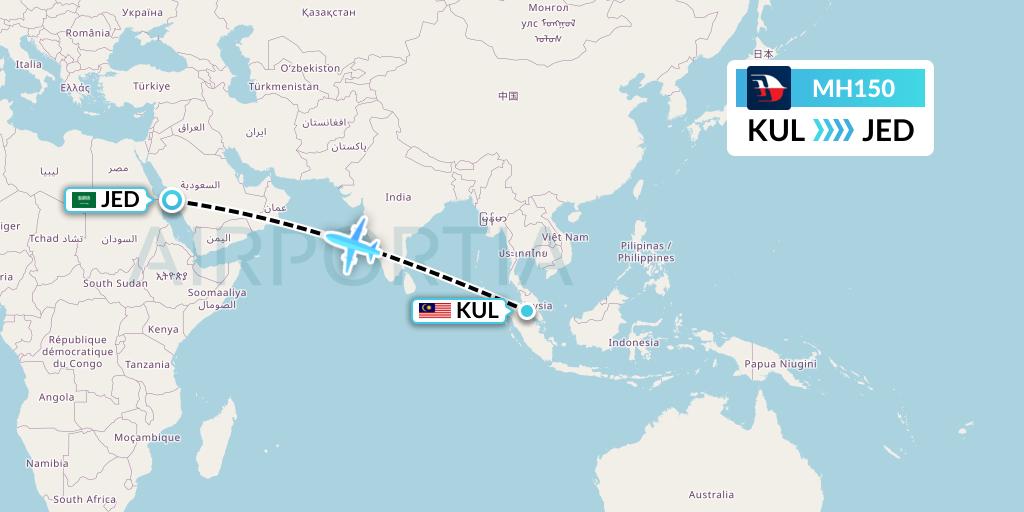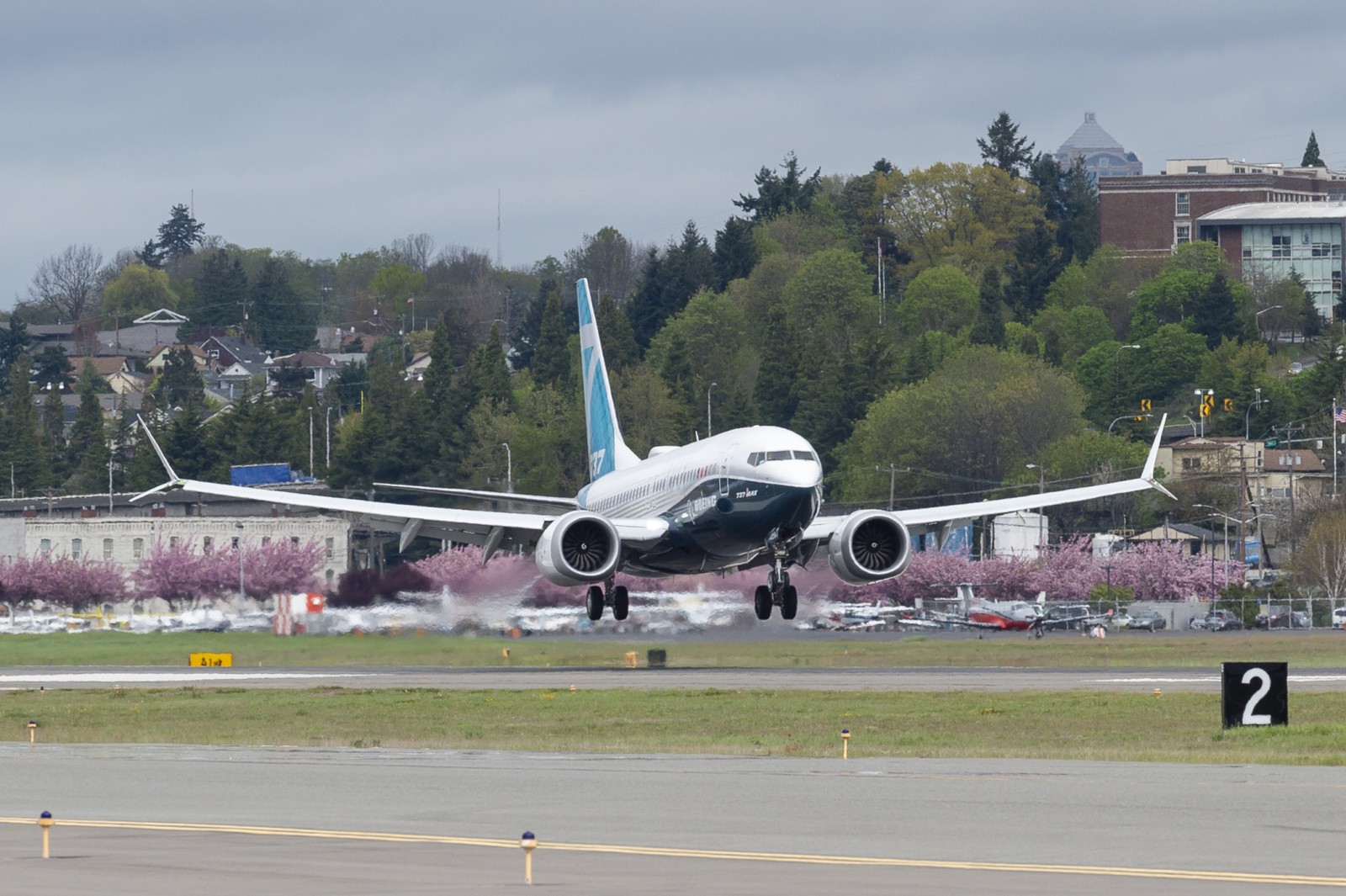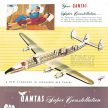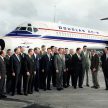Boeing is again under fire after the emergence of instant messages from a top company pilot worrying he may have unwittingly misled regulators after experiencing simulator problems with controversial 737 MAX flight control software.
The US Federal Aviation Administration demanded an immediate explanation from the plane-maker after it discovered Boeing knew about the messages for months but only handed them to the Department of Transportation on Thursday.
The revelation saw Boeing’s share price tumble and prompted fresh calls for a management shakeup at the company.
It comes less than a week before Boeing chief executive Dennis Muilenburg is due to testify before a Congressional committee and as the company is attempting to get approval to return the grounded MAX fleet to service.
The global MAX fleet has been grounded since March after the plane’s MCAS flight control software was linked to two fatal accidents involving 346 deaths.
The messages, first reported by Reuters and published on The New York Times website, outline a conversation between the MAX’s then-chief technical pilot Mark Forkner and a colleague about problems on a simulator with the MCAS software linked to two fatal accidents.
In the exchange from November 2016, Forkner says MCAS is “running rampant in the sim on me”, adding “at least that’s what Vince thinks is happening”.
“So I basically lied to the regulators (unknowingly),’’ Forkner says.
“It wasn’t a lie, no one told us that was the case,’’ his colleague replies.
Forkner: “I’m leveling off at 4000ft, 230 knots and the plane is trimming itself like Craxy (sic). I’m like WHAT?”
Forkner jokes that he sucks at flying, adding that the problem was “egregious”.
He also questions why he is just hearing about the issue now.
Forkner’s lawyer told Reuters there had been no lie.
“The simulator was not reading right and had to be fixed to fly like the real plane.” lawyer David Gerger said.
“Mark’s career — at Air Force, at FAA and at Boeing — was about safety. And based on everything he knew, he thought this plane was safe.”
Nonetheless, the messages prompted US Federal Aviation Administration boss Steve Dickson to demand an immediate explanation which in turn led to a phone call from Boeing chief executive Dennis Muilenburg.
The FAA said Boeing alerted the US Department of Transportation late on Thursday to the existence of the message between two employees “characterizing certain communications with the FAA during the original certification of the MAX”.
It said Boeing has told the department it had discovered the document some months ago”.
“The Department immediately brought this document to the attention of both FAA leadership and the Department’s Inspector General,’’ the FAA said in a statement.
“The FAA finds the substance of the document concerning.
“The FAA is also disappointed that Boeing did not bring this document to our attention immediately upon its discovery. The FAA is reviewing this information to determine what action is appropriate.”
But Boeing said it had produced the same document to “the appropriate investigating authority” earlier in the year.
“Boeing has also been voluntarily cooperating with the House Transportation & Infrastructure Committee’s investigation into the 737 MAX,’’ it said.
“As part of that cooperation, today we brought that document to the Committee’s attention as well.
“We will continue to cooperate with the Committee, and all other authorities, as they move forward with their investigations.”
US media said the documents had earlier been turned over to the US Department of Justice, which is conducting a criminal investigation into the MAX crisis.


